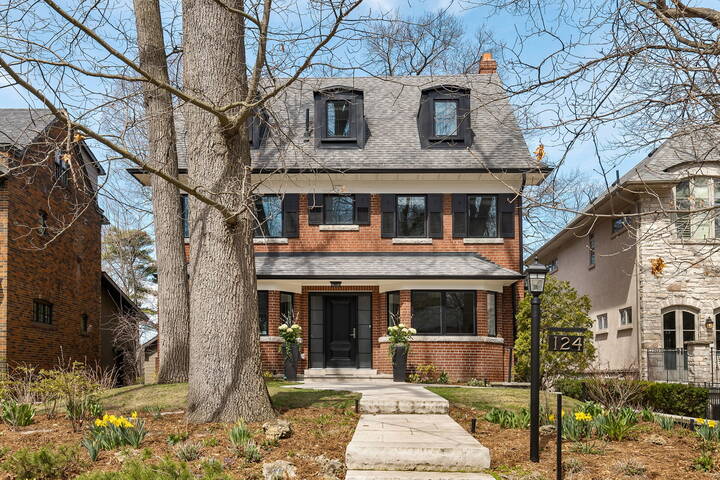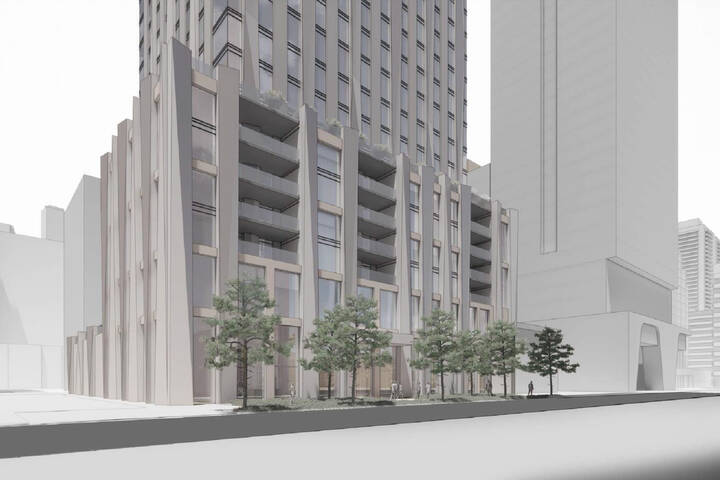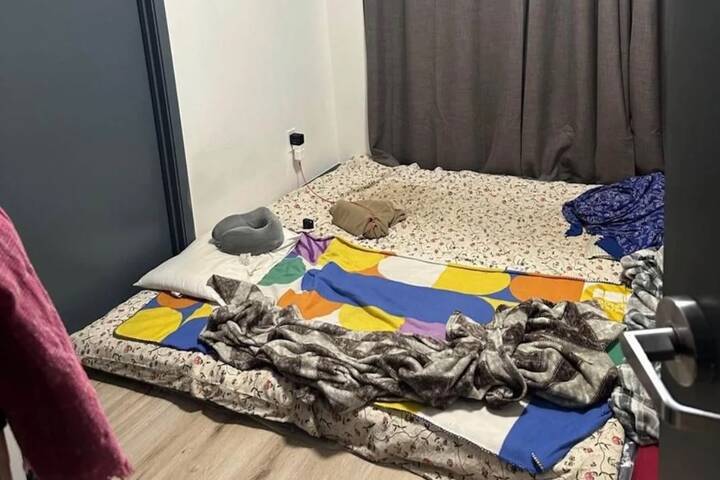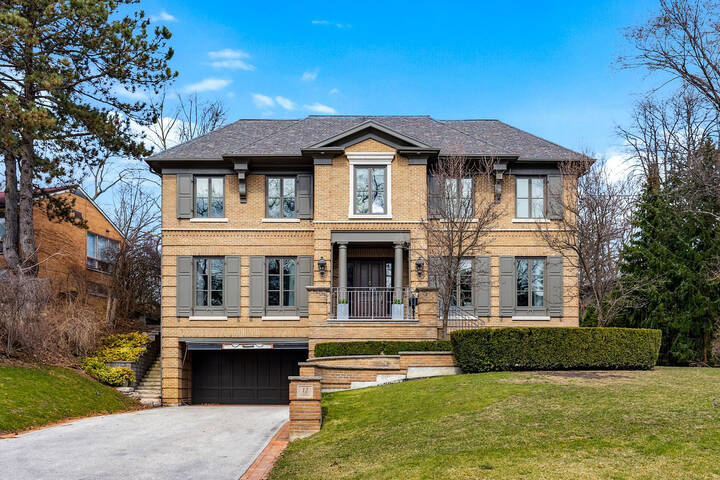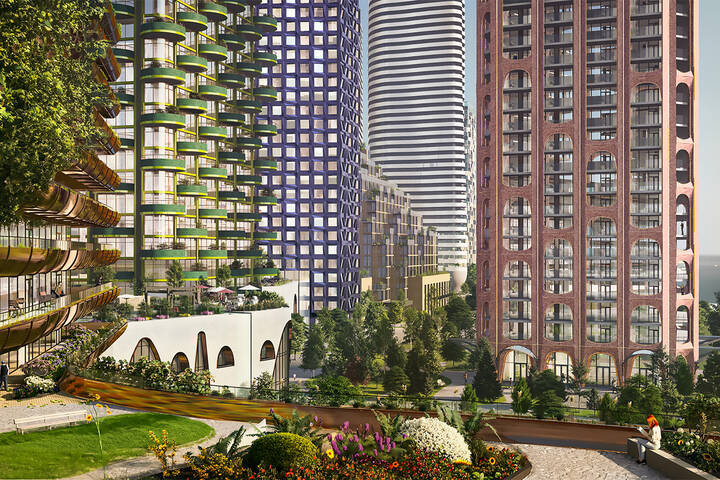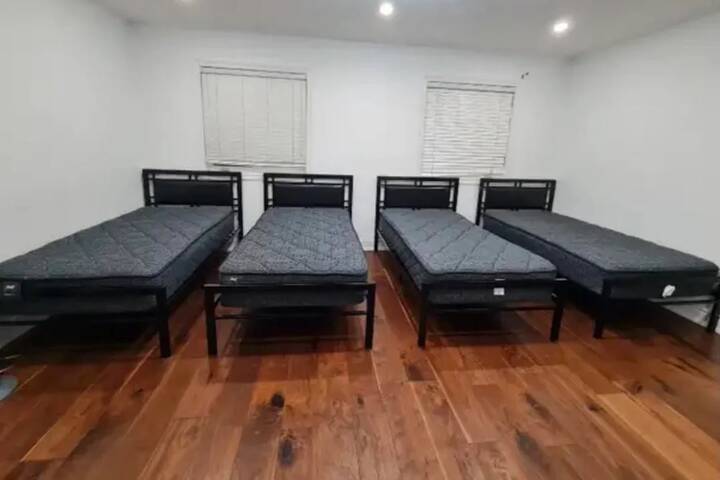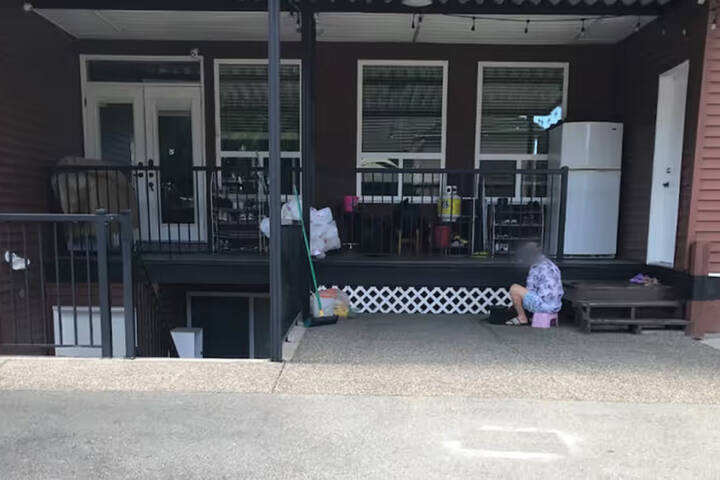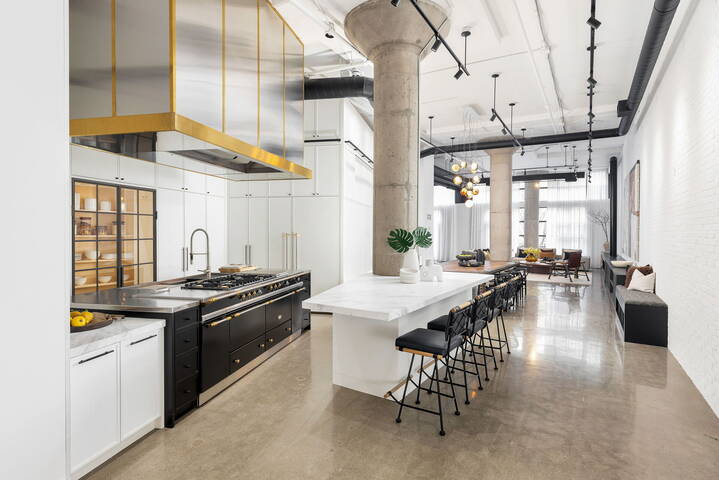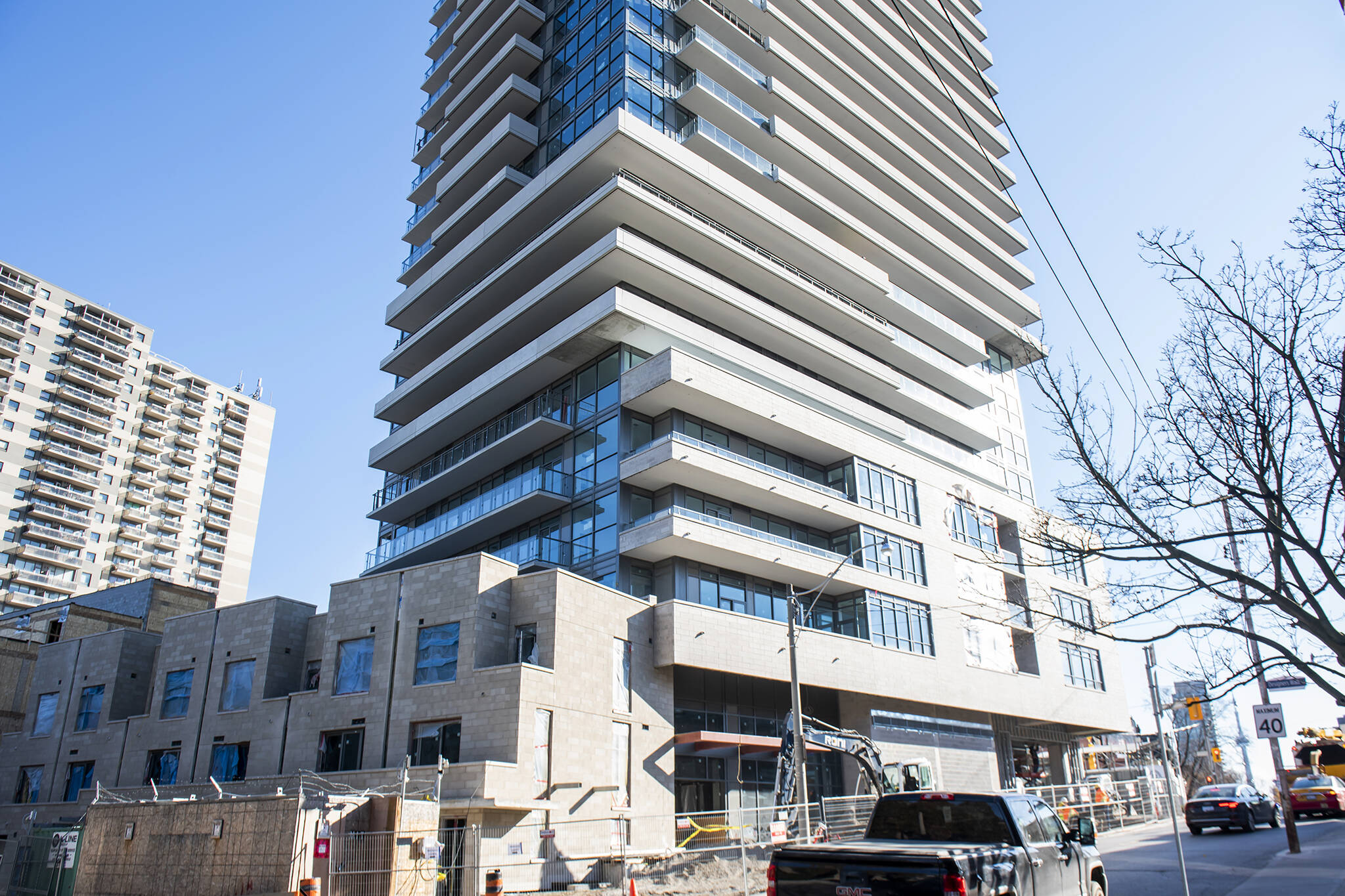
The City of Toronto is officially on board with a vacant home tax
The City of Toronto has officially recommended a vacant home tax be imposed to help ensure housing in the city is used to its full potential instead of simply sitting empty.
The tax has been proposed by numerous councillors and been on the table at various points over the years, but it wasn't until Thursday that it was formally endorsed by the City and Mayor John Tory in a statement that cited the success of such a measure in Vancouver, an urban centre perhaps even more notoriously overvalued than Toronto.
"We knew before the pandemic that we needed to increase the supply of affordable housing and ensure the city remains a place where all members of the workforce can contemplate living," Tory said in a statement released today.
"We simply can't afford, from the housing supply perspective, to have housing accommodation for thousands of people sitting empty."
#CityofTO recommends a tax on vacant homes in Toronto. News release: https://t.co/pcTE61Z88a pic.twitter.com/lw0tEbFNKT
— City of Toronto (@cityoftoronto) December 3, 2020
Though rent prices in Toronto have been consistently dropping over the course of 2020 and are, on average, slightly cheaper than last year, the cost of living in the city is still unaffordable for many.
Home ownership remains pretty out of the question for anyone but the rich, with the average price continuing to skyrocket, nearing one million dollars as of October and only slated to go up.
A vacant home tax would not only push some owners to sell and thus potentially free up livable housing units for residents, but would also cut down on the historic issue of ghost hotels and provide extra tax dollars for the city, which is in a serious deficit, in part thanks to the pandemic.
The City estimates it could accrue an additional $55-$66 million a year through the levy even at a low rate of one per cent, which could be used to build more affordable housing.
Using data from Vancouver’s implementation of a vacant home tax as an example, if one per cent of Toronto’s housing stock is vacant, at a tax rate of one per cent on the average Toronto home’s current assessed value, this could equal $55 to $66 million in tax revenue per year.
— City of Toronto (@cityoftoronto) December 3, 2020
An added benefit would be hopefully serving as an additional impediment to people purchasing houses simply to flip for profit and foreign investors who buy up properties but don't live in them — and who own, by recent estimates, around $38 billion of the city's housing supply — or at least make them pay into our tax system.
Though COVID forced some of these foreign-owned units into the housing market when new, stricter regulations for short-term rentals like Airbnbs were brought in, illegal listings are still very much a thing, and they definitely affect the affordability and availability of housing for actual residents.
Couple those units with the livable properties that lie vacant for years after owners claim they are renovating or selling the building to developers — or while they wait for someone to pay a high enough price — and there is a whole lot of property that is going unused while we are in the midst of a housing crisis.
As Tory fairly stated, "You can live in it, you can rent it, but if it sits empty you will pay a tax that helps us build more affordable housing people can live in."
Happy to hear that @JohnTory supports a vacant home tax.
— Ashwinder Suden (@Ashwinder_Suden) December 3, 2020
Toronto needs the money and the housing space. https://t.co/4sPIi3J0rc
The City will be pushing the motion for a tax at an Executive Committee meeting on Dec. 10, and if it is approved, it would go into effect in 2022.
Hector Vasquez
Latest Videos
Latest Videos
Join the conversation Load comments
